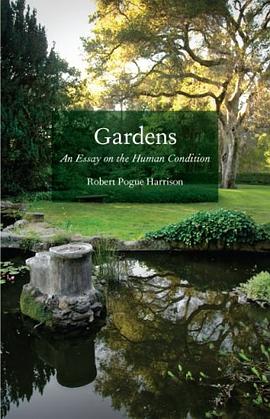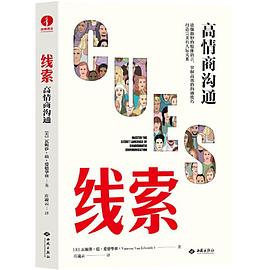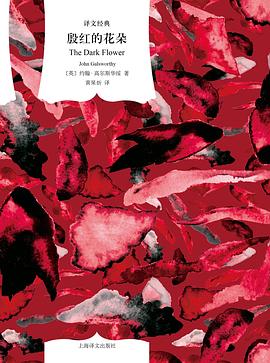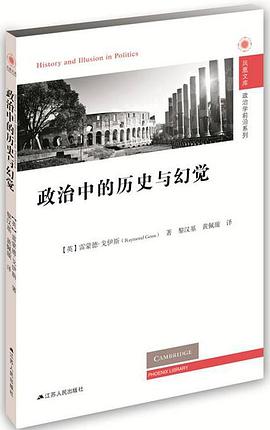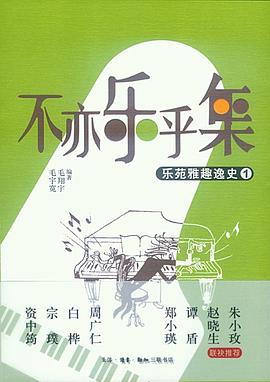Gardens
内容简介
Humans have long turned to gardens - both real and imaginary - for sanctuary from the frenzy and tumult that surrounds them. With "Gardens", Robert Pogue Harrison graces readers with a thoughtful, wide-ranging examination of the many ways gardens evoke the human condition. Moving from the gardens of ancient philosophers to the gardens of homeless people in contemporary New York, he shows how, again and again, the garden has served as a check against the destruction and losses of history. Alive with the echoes and arguments of Western thought, "Gardens" is a fitting continuation of the intellectual journeys of Harrison's earlier classics, "Forests" and "The Dominion of the Dead". Voltaire famously urged us to cultivate our gardens; with this compelling volume, Harrison reminds us of the nature of that responsibility - and its enduring importance to humanity.
......(更多)
作者简介
Robert Pogue Harrison is the Rosina Pierotti Professor in Italian Literature and chairs the Department of French and Italian at Stanford University. He is the author of The Body of Beatrice, Forests: The Shadow of Civilization, The Dominion of the Dead, Gardens: An Essay on the Human Condition, and Juvenescence: A Cultural History of Our Age, the latter three published by the University of Chicago Press. He is a member of the American Academy of Arts and Sciences. He is also host of the radio program Entitled Opinions on Stanford’s station KZSU 90.1.
......(更多)
目录
Preface
Acknowledgments
1 The Vocation of Care
2 Eve
3 The Human Gardener
4 Homeless Gardens
5 “Mon jardin à moi”
6 Academos
7 The Garden School of Epicurus
8 Boccaccio’s Garden Stories
9 Monastic, Republican, and Princely Gardens
10 A Note on Versailles
11 On the Lost Art of Seeing
12 Sympathetic Miracles
13 The Paradise Divide: Islam and Christianity
14 Men Not Destroyers
15 The Paradox of the Age
Epilogue
Appendixes
1 From The Decameron, Giovanni Boccaccio
2 From Mr. Palomar, Italo Calvino
3 “The Garden,” Andrew Marvell
4 A Note on Islamic Carpet Gardens
Notes
Works Cited
Index
......(更多)
读书文摘
我们生活在一个要求忘却的时代,它想切断与过去的联系,让今朝独立自主,“可是忘却意味着必须重复从前发生的一切。[……] 记忆中一个个清晰的时刻是必须领悟的,只有领悟了,才能让它们远去。”
......(更多)
